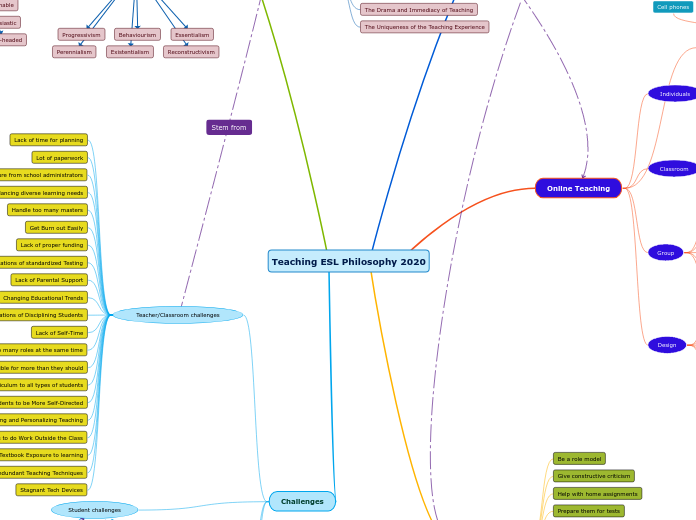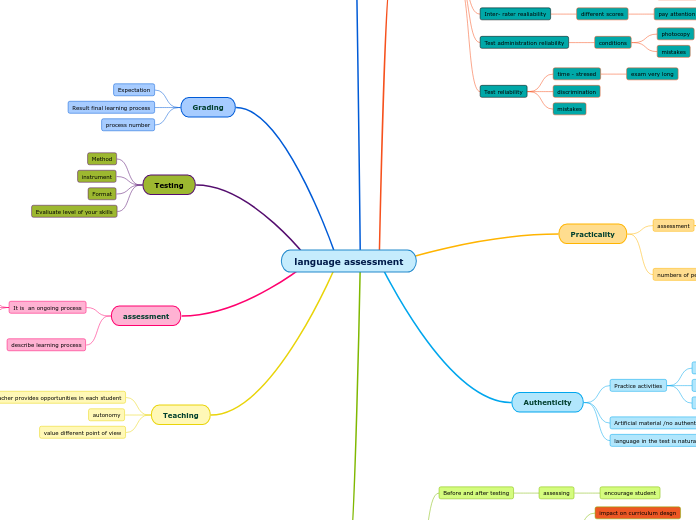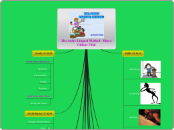по Alex Ponta 4 лет назад
139
Teaching ESL Philosophy 2020
Teaching English as a Second Language (ESL) in 2020 presents numerous challenges across various domains. Students often struggle with managing finances, staying organized, and maintaining good health, which can negatively impact their academic performance.









